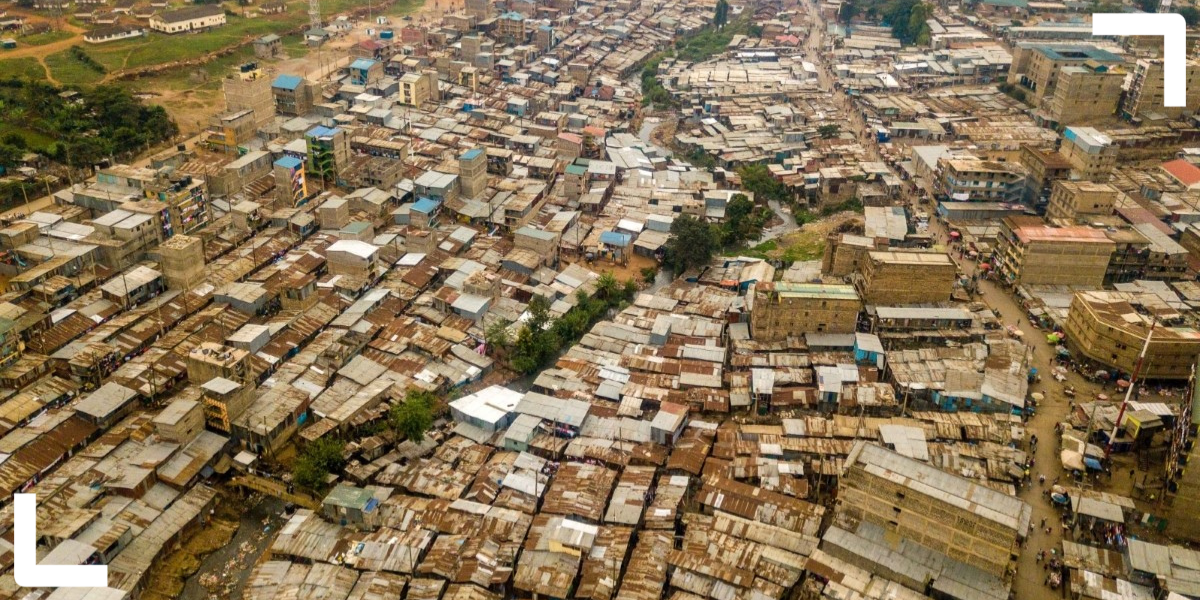By Francis Kariuki and Kelvin Mbatia
Imagine living in a place where the ground beneath your feet feels uncertain. For the residents of Mathare informal settlement in Nairobi, this is not imagined but rather their daily reality. For too long, headlines from this vibrant informal settlement have been dominated by stories of forced evictions and clashes between formal landowners and the residents who call Mathare home. This constant uncertainty is a profound barrier to progress and development.
To help unravel this intricate knot, the African Cities Research Consortium (ACRC) has partnered with Strathmore University and Akiba Mashinani Trust to equip the residents of Mathare with the tools and strategies they need to secure greater recognition of their land tenure. The heart of this project is about turning uncertainty into tenure security.
Peeling back the layers of land interest
The project team kicked things off with a thorough legal situational analysis.
Building on years of research in the area, we are unravelling and documenting the intricate web of formal and informal land interest in Mathare. The objective is that this will give all stakeholders a clearer picture of who holds what interest, providing a full spectrum of land relationships in the settlement.
Mapping Mathare’s buildings
Beyond the legal analysis, the project team is mapping Mathare’s housing. Using advanced GIS expertise, and with the active mobilisation and participation of community members, we are generating detailed 2D and 3D housing profiles.
This will deepen understanding of the diverse housing typologies in Mathare, from simple shacks to multistorey tenements, and the reasons behind the building choices made by landlords, developers and residents.
Connecting land rights to social and affordable housing
So far, the action research project team has been in discussions with key stakeholders such as government departments and agencies. These engagements create a powerful link between our land ownership research and the broader housing strategies, and aim to help the government identify opportunities and involve the community in shaping their own future housing landscape.

A project meeting at the Mathare Social Justice Centre. Photo credit: Kelvin Mbatia
Giving residents a seat at the table
The project seeks to develop a robust institutional framework for Community Land Management Committees. The newly initiated Community Land Management Committees (a community-driven effort in Mathare) are being developed to emulate the Community Assemblies outlined in the Community Land Act. These committees will serve as vital platforms for structured discussions with all the relevant stakeholders, including the State Department for Lands and Physical Planning, Nairobi City County Government, National Land Commission and the National Government Administrative Officers. Their precise structure will be finalised before the project concludes, offering a replicable and adaptable model for community land management in other informal settlements.
We are already collaborating with Ghetto Foundation, a grassroots community-based organisation in Mathare, which is establishing representative committees across the villages. Through these community-led committees, the residents of Mathare can finally consolidate their gains in securing land claims and strategically organise for collective action. This means empowering them to advocate for their rights within their settlements and directly with other stakeholders.
Ultimately, our goal is to bridge the information gap and eradicate existing land information asymmetries that have long plagued Mathare, by providing crucial information and practical tools, and empowering residents to take the lead. We envision charting a course towards a future where formal and informal land ownership is recognised, development thrives and the people of Mathare can finally build on solid ground.
Header photo credit: Know Your City TV Kenya. An aerial drone shot over Mathare, Nairobi.
Note: This article presents the views of the authors featured and does not necessarily represent the views of the African Cities Research Consortium as a whole.
The African Cities blog is licensed under Creative Commons Attribution-NonCommercial-NoDerivatives 4.0 International (CC BY-NC-ND 4.0), which means you are welcome to repost this content as long as you provide full credit and a link to this original post.


